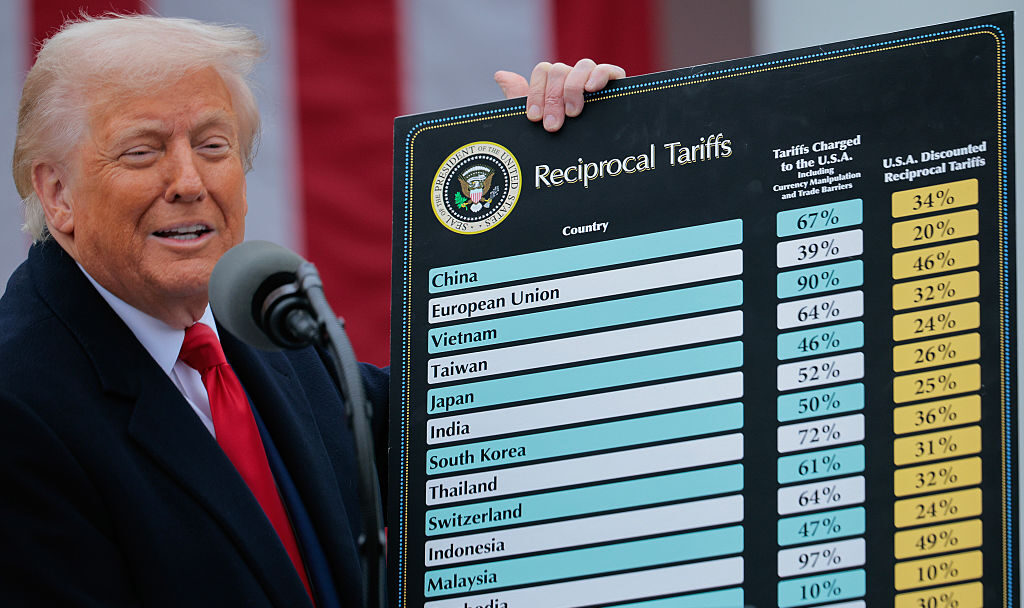The New Economic Order

It has been this magazine’s longtime contention that something, or some things, went wrong. The United States became embroiled in never-ending conflicts abroad and never-ending government growth at home; the globalized economy swapped our nation’s economic security for a flood of inexpensive consumer goods; American culture became something unrecognizable, vicious, crass, and unpatriotic. That contention has been in large part vindicated by history and the political will of the American people.
Subscribe Today
Get daily emails in your inbox
The question is whether anything can be done about it. (And whether anything will be done about it, long-term: see Andrew Day’s sobering analysis of the electoral prospects of the current governing coalition, and Curt Mills’s profile of a leading figure in that coalition.) The early days of the second Trump administration have been suffused with the energy expressed in the popular internet tag “you can just do things,” not least in the sphere of economics; Trump II has seen everything from the beginnings of an American sovereign fund to a bevy of protective tariffs.
Hence the theme of this issue, “Trump’s New Economic Order.” Will it work? Only time will tell, but there are clues. Charles Benoit of the Coalition for a Prosperous America lays out the historical case for aggressive tariffs; Julius Krein examines the virtues and limitations of a serious reordering of the world monetary system; Carlos Roa addresses the prospects of one American-European countermeasure to China’s Belt and Road Initiative, the New Golden Road.
The New Golden Road, the proposed revival of the ancient trade route between India and the West, would bring the focus of American attention in Europe to a previously little-watched part of the world, the greater Balkan region. Will Collins reports from Romania on that country’s headline-grabbing “managed democracy”; Sean McMeekin takes a magnifying glass to the once and perhaps future defining power in that part of the world, Turkey.
In our Arts and Letters section, the outward-looking strain in the issue meets pure Americanism. Brad Pearce’s review of a new history of the African continent sits with Hunter DeRensis’s review of Robert Merry’s latest tome on antebellum sectionalism and Peter Tonguette’s review of a new biography of the American par excellence, Mark Twain.